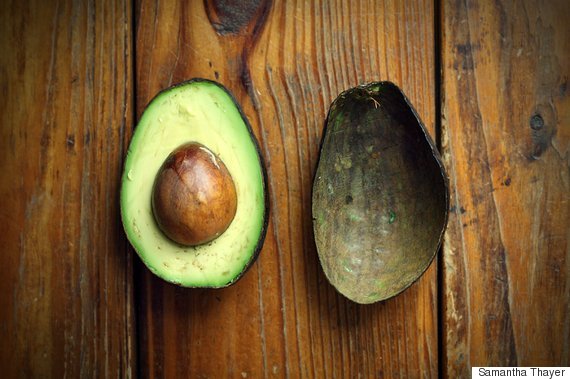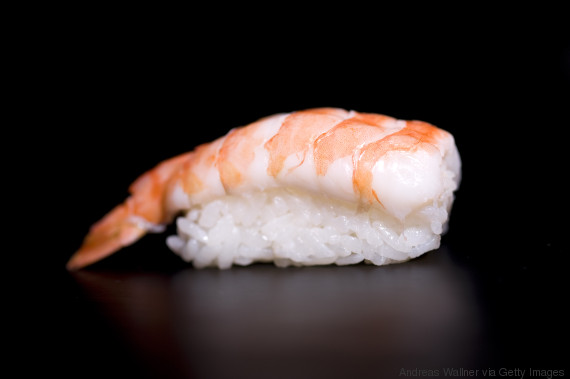
His tiny whiskers and swishy tail are so sweet it can be hard to resist giving him whatever he wants, but there are certain foods you should never feed your cat. Many human foods can put your little guy at risk for gastrointestinal problems, restlessness and worse. As the devoted pet owner that you are, the safest bet is to teach your cat that the food on the dinner table is for people only, and the food in his bowl can be enjoyed to the fullest.
There are certain human treats you and your cat can share -- really small servings of cooked vegetables and fish are OK for kitties, for example. But when in doubt, it's best to stick to the veterinarian-approved eats, and to always consult your vet before introducing something new into your pawed pal's diet. Best Friends Animal Society, a Utah animal sanctuary and advocacy group, shared some expert tips with The Huffington Post about the foods you definitely shouldn't share with your pet.
Chocolate
Chocolate contains two toxins, caffeine and theobromine, that are part of a group of chemicals called methylxanthines. All real chocolate is made from these toxins, though dark chocolate, baker's chocolate and cocoa powder tend to have higher concentrations. These chemicals are bad for your cat because they stimulate the heart and the nervous system. According to the group of experts at Best Friends, "The signs of toxicity can range from vomiting, increased thirst, abdominal discomfort and restlessness to severe agitation, muscle tremors, irregular heart rhythm, high body temperature, seizures and death."
Booze
We shouldn't have to tell you this one, right? But a cat's small size makes the animal incredibly sensitive to alcohol, so it's important not to leave any where your cat could lap it up. Intoxication could lead to vomiting, loss of coordination, disorientation and stupor. "In severe cases it can cause coma, seizures and death," according to Best Friends.
Coffee
Like chocolate, coffee contains caffeine and can cause a lot of serious health issues in cats. Cats who consume an excess of coffee, or any caffeine for that matter, may experience vomiting, diarrhea, polyuria (or excessive urination), polydipsia (excessive thirst), hyperactivity, rapid heart rate, rapid respiratory rate, hypertension, weakness, cardiac arrhythmia, tremors, seizures, and coma, Best Friends says. In worst cases, death may result from cardiac arrhythmia or respiratory failure.
Certain fruits and veggies
Some produce is fine to serve your kitty: Carrots, squash, broccoli and green beans can all be digested in small portions, veterinarian Elizabeth Colleran told AnimalPlanet. It's really important to cook these foods before offering them to your cat, as raw vegetables may be tough to digest and swallow. But other foods you may eat often should not be fed to your cat, including avocado, apricots, cherries, garlic, onions, mushrooms, grapes and raisins, Best Friends says. These contain different ingredients that are toxic to your pet; onion, for example, contain something called thiosulfate that can be harmful to you cat's red blood cells. Be mindful of dishes that may contain these listed foods; for example, tomato sauce or stir fry might use onion as an ingredient.
Dairy
As delightful as the image of a kitten lapping up a saucer of milk may be, dairy products are a no-no for grown cats. Cats can be lactose intolerant, just like us, and should not be exposed to lactose once they've stopped nursing on their mother's milk. Best Friends says sensitive cats can experience diarrhea, vomiting and an upset stomach. Cats may enjoy the taste of milk, and can even stomach it in small servings, but they won't gain any nutrients they're not already getting from a regular, balanced diet.
Sushi
Your cat may show interest in your Japanese takeout, but it's best not to share: Eating raw fish can put him at risk for developing thiamine deficiency, which can lead to stomach issues, seizures and death.
For more information on dangerous foods to feet your pet, visit the ASPCA Animal Poison Control Center website or call them at this number: 1-888-426-4435. The center is open 24 hours a day.



